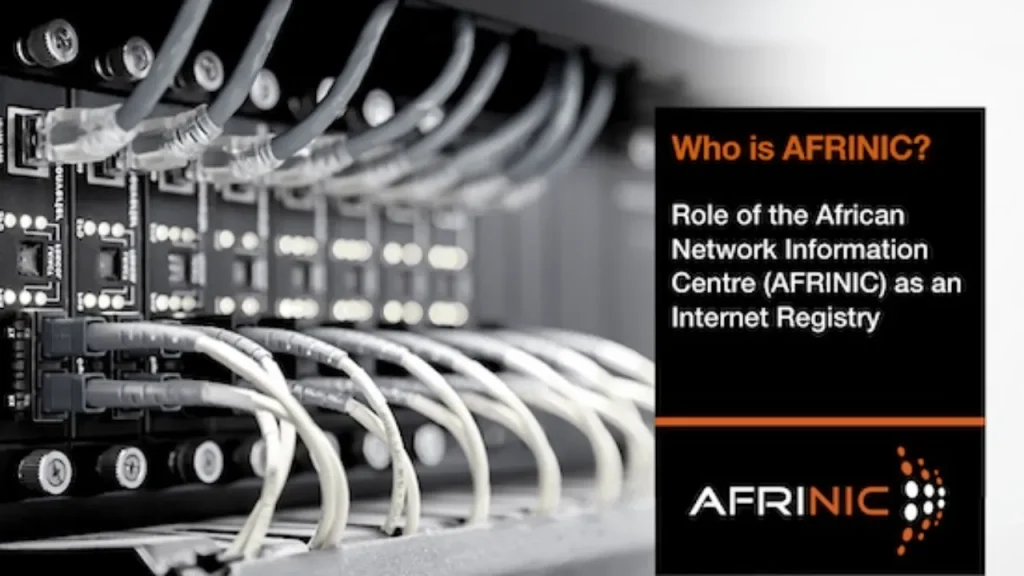- AFRINIC reassures stakeholders that its website remains secure and uncompromised.
- Clarification follows public speculation during the 2025 board election process.
What happened: Technical maintenance clarified amid election preparations
The African Network Information Centre (AFRINIC) has put out a statement maintaining that its official website remains secure and has not been hacked. The announcement comes during a sensitive period as AFRINIC prepares for its 2025 board elections, which include eight contested regional and non-regional seats. AFRINIC stated that a temporary service interruption on its election portal led to public concerns about a possible cyberattack. The organisation clarified that the disruption resulted from scheduled technical maintenance and was not caused by malicious activity.
The AFRINIC technical team monitored the systems during the event and verified the integrity of both the election portal and the main website. Independent checks by AFRINIC’s cybersecurity partners also found no signs of intrusion. The reassurance follows global standards for incident reporting and aligns with AFRINIC’s role as the Regional Internet Registry for Africa, which distributes and manages IP addresses for the continent.
Also read: AFRINIC launches voter onboarding ahead of board election
Also read: The long-term risks of legal deadlock for Africa’s internet growth
Why it’s important
AFRINIC’s confirmation underscores the need to maintain transparency and trust in Internet governance across Africa. The organisation operates under the Mauritius Companies Act, which requires adherence to member-based decision making and clear reporting of incidents. The June 2025 election, which AFRINIC declared free and fair, remains under scrutiny after the Mauritian government attempted to annul results. Community members argue that government instructions to cancel the election amount to unconstitutional state capture.
AFRINIC is a membership-driven nonprofit, not a government agency, and must safeguard the independence of its operations. Stakeholders warn that allowing one government to override member decisions could create a dangerous precedent for other regions. Recognising the June election results, resisting political interference, and protecting the rule of law remain key priorities for Africa’s Internet community as the board election proceeds.

